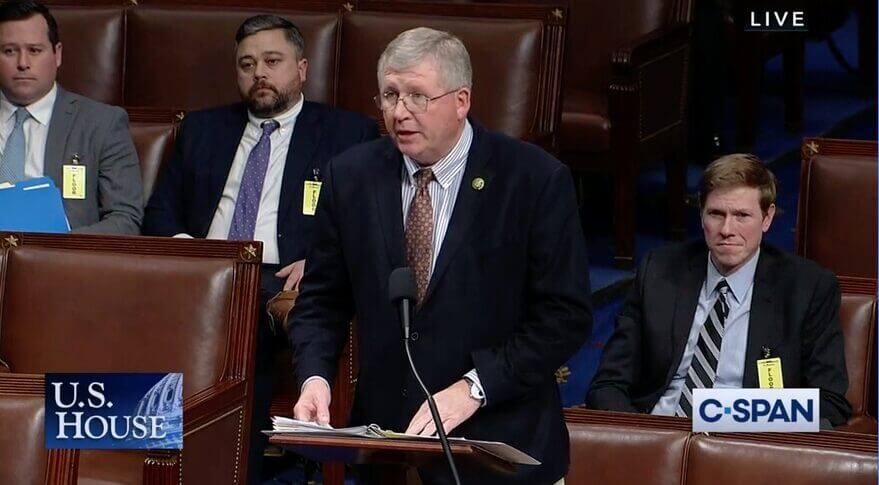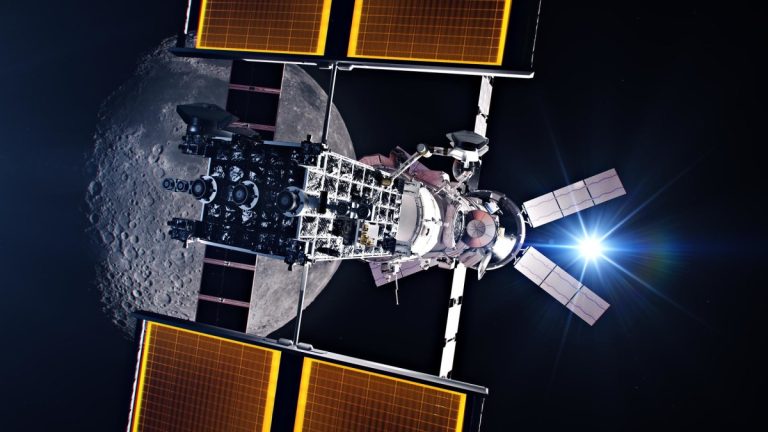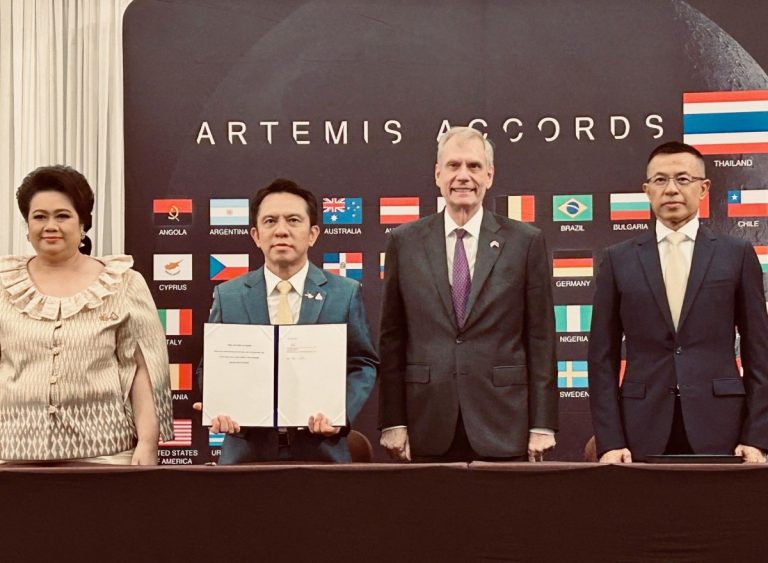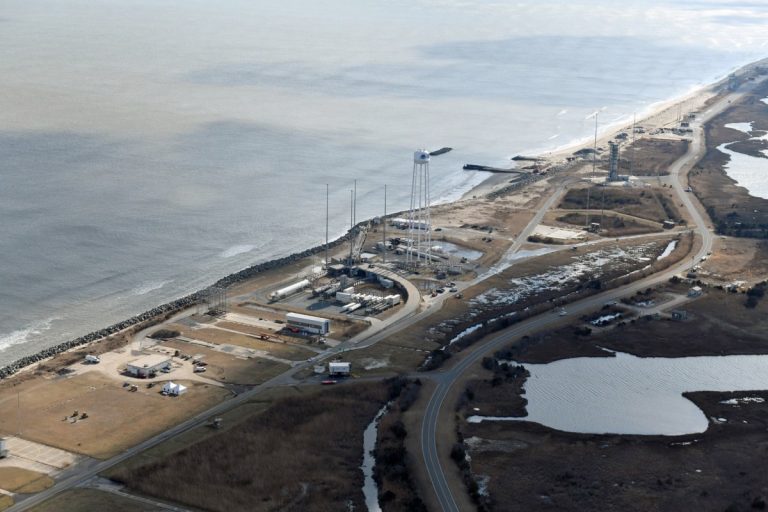
House passes commercial remote sensing bill (Image Credit: Space News)

WASHINGTON — The House Science Committee scored a bipartisan victory Jan. 30 with the passage of a minor commercial remote sensing bill even before the committee’s first meeting of the new Congress.
The House passed by voice vote H.R. 290, the Commercial Remote Sensing Amendment Act of 2023, after only a brief discussion on the House floor. The bill was introduced earlier in the month by Rep. Frank Lucas (R-Okla.), chairman of the committee, and Rep. Zoe Lofgren (D-Calif.), the ranking member of the committee.
The bill reinstates a provision of a 2015 bill that requires the Commerce Department to send an annual report to Congress on the status of commercial remote sensing license applications and related actions. That provision expired in 2020, and the new bill reinstates it through 2030.
The bill also formally requires the National Oceanic and Atmospheric Administration, which handles commercial remote sensing applications, to review applications in 60 days rather than 120 days. The new timeframe matches current NOAA regulations.
“H.R. 290 is a no-nonsense bipartisan bill that will help ensure that the U.S. remains the global leader in the commercial remote sensing industry,” Lucas said on the House floor, noting that a similar bill passed the House in the last Congress but was not taken up by the Senate.
“Congress needs to ensure that the United States remains at the cutting edge of this industry, and that’s why it’s important that we have the transparency and insight we need to oversee the licensing and regulation of private remote sensing systems,” Lofgren said on the House floor. “I’m pleased that Chairman Lucas and I can kick off our work this session by continuing the science committee’s strong tradition of bipartisan work.”
The bill passed the House before even the first meeting by the full committee. The committee is still organizing, with Democrats naming its members assigned to the committee only Jan. 27, a little more than a week after Republicans announced their roster.
There will be significant changes to the committee from the previous Congress that only in part are linked to the change in party control. Lucas, the ranking member of the full committee in the previous Congress, was named chairman as expected. Lofgren takes over as the top Democrat after the retirement of former Rep. Eddie Bernice Johnson (D-Texas), who chaired the committee the previous four years.
The committee has not announced assignments to its subcommittees, including space. Rep. Don Beyer (D-Va.), who chaired the space subcommittee in the previous Congress, was not included among the Democrats assigned to the science committee in this Congress. Rep. Brian Babin (R-Texas), top Republican on the subcommittee in the last Congress, is returning to the committee.
Most of the attention that the committee has received since the new Congress convened at the start of the month has revolved around a new and controversial member of the House. Among the Republicans assigned to the House Science Committee Jan. 18 was Rep. George Santos (R-N.Y.), who is accused of lying extensively about his background during his campaign last fall as well as potential campaign finance violations.








